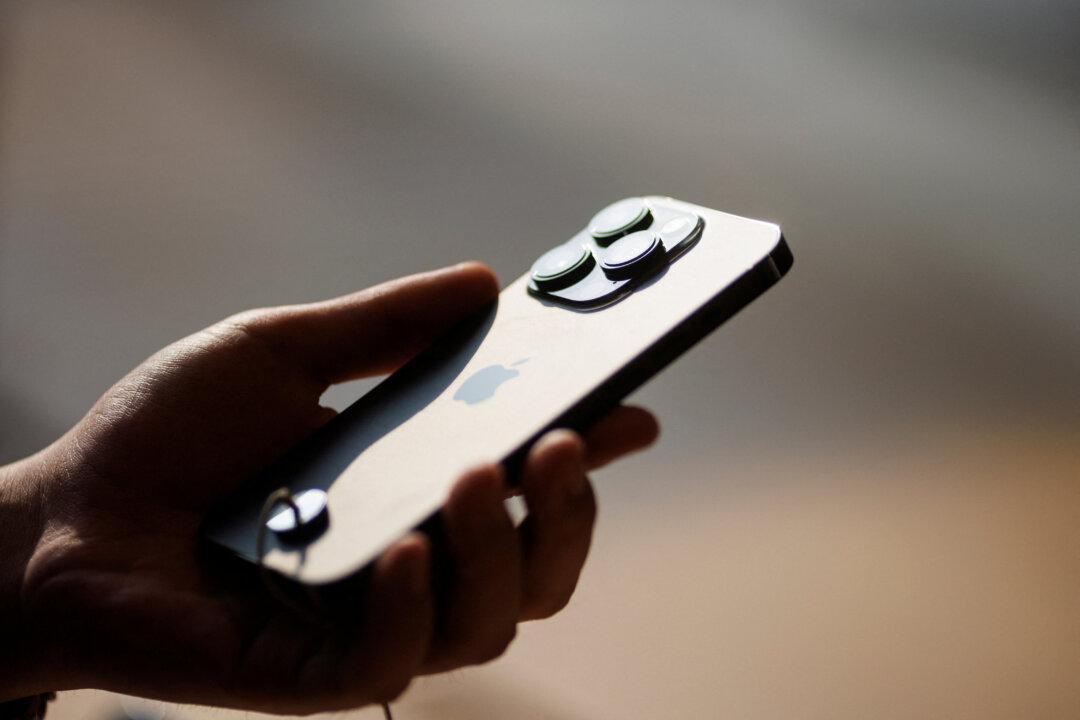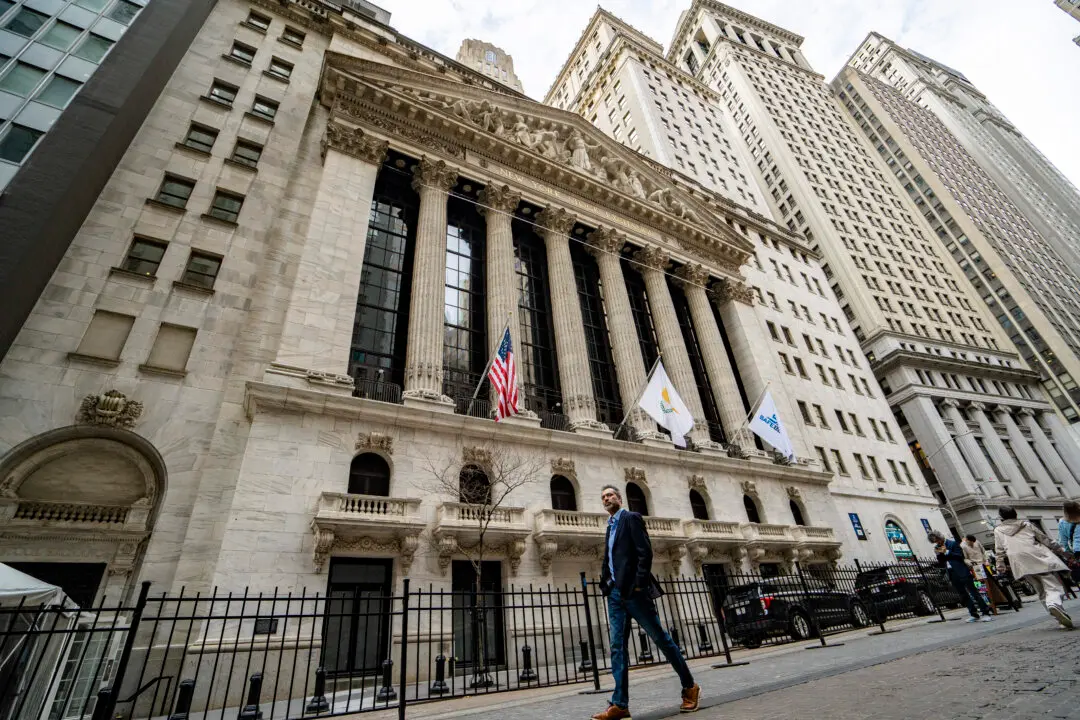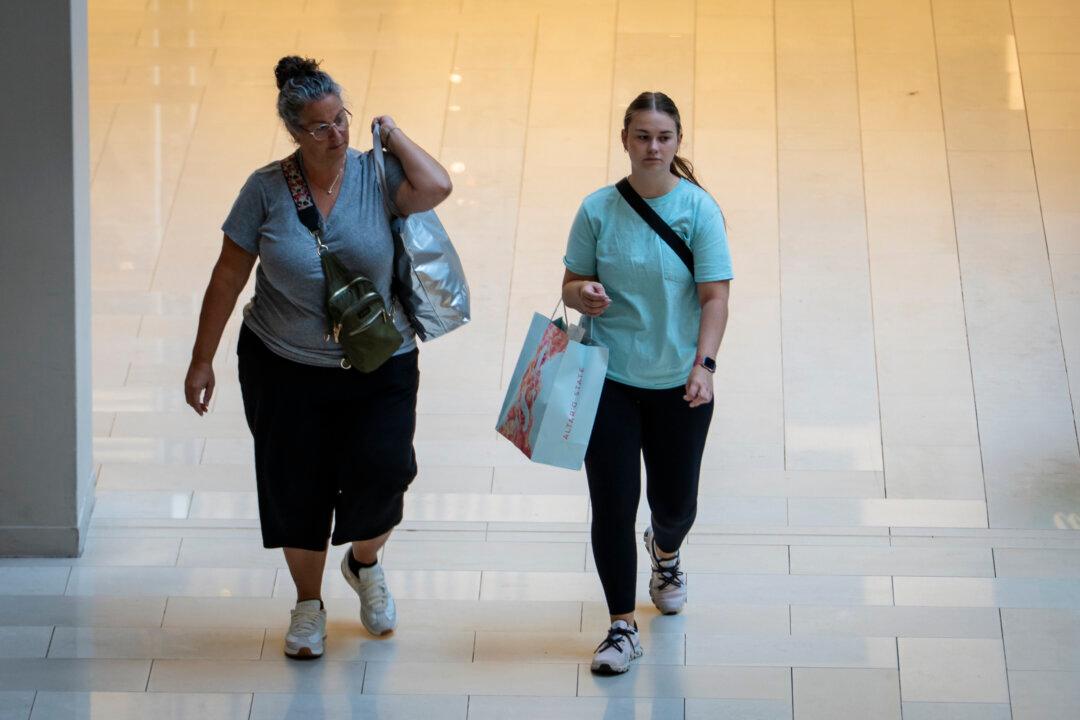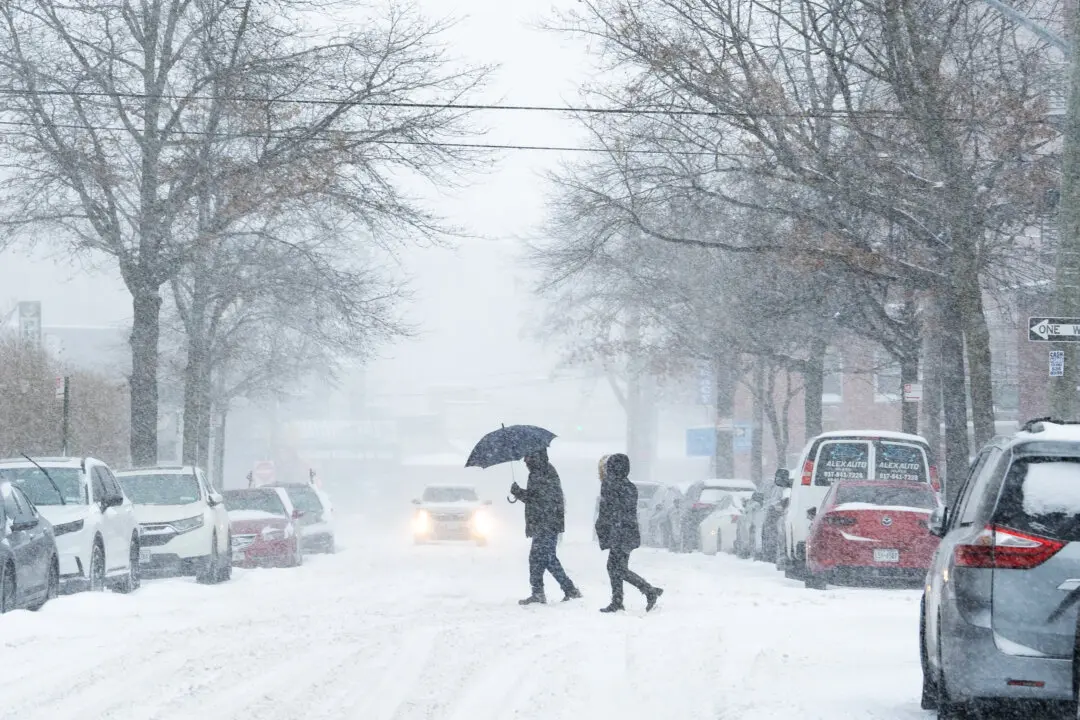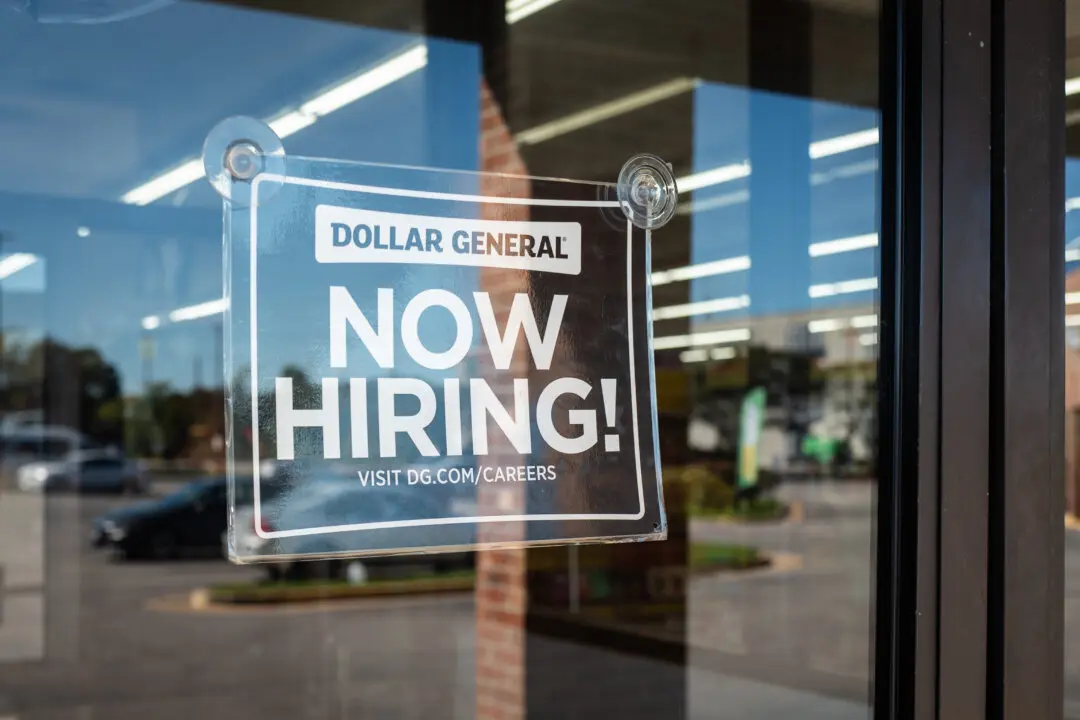In the weeks leading up to the protests against the Chinese regime’s harsh COVID-19 policies, Apple had restricted access to the popular file-sharing tool AirDrop.
On Nov. 9, Apple published a new version of its mobile operating system to users everywhere: iOS 16.1.1. The tech firm noted that the “update includes bug fixes and security updates and is recommended for all users.” But Chinese readers of 9to5Mac noticed an interesting change in the update that applies only to iPhones sold in mainland China.
